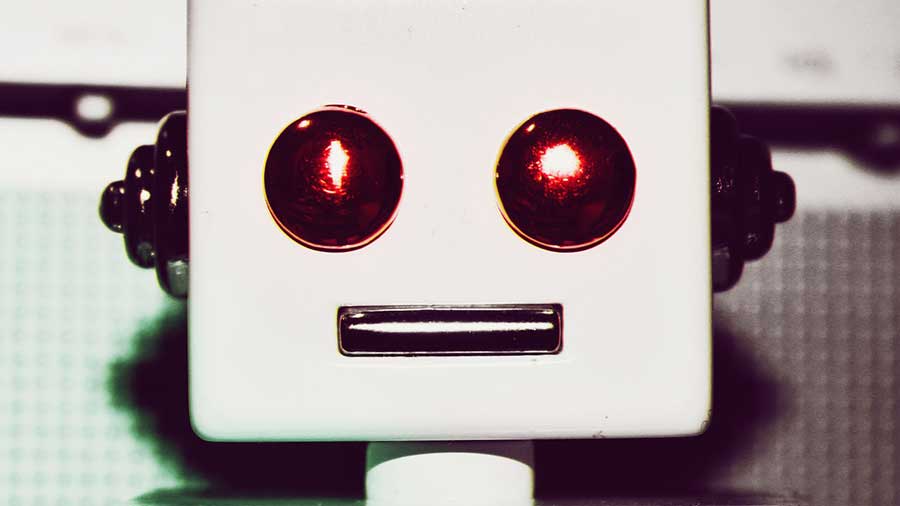SILICON VALLEY – Tesla chief Elon Musk alongside Silicon Valley tech giants announced on Friday they would join forces to constitute an artificial-intelligence research center called OpenAI in order to develop digital intelligence that enhance human capabilities, rather than replace them. The investors, that include Peter Thiel and Reid Hoffman, planned to assign $1 billion for the long-term project, which will be established as a nonprofit in San Francisco.
Seven recognized researchers in the technological field have become part of the project, starting with an expert on machine learning from Google Inc., Ilya Sutskever, who will be the research director. Others are known for their remarkable work at universities like Berkeley, Stanford, the University of California and New York University. Musk pointed out that they have all received significantly higher offers to work at other places but have instead chosen to support what truly benefits the world.

Credit: Fast Company
“Since our research is free from financial obligations, we can better focus on a positive human impact,” the OpenAI group said in a statement. “We believe A.I. should be an extension of individual human wills and, in the spirit of liberty, as broadly and evenly distributed as possible.”
OpenAI aims to develop a machine that performs any intellectual task that a human being is capable of, with the focus of working for him. Musk remarked his concerns that artificial intelligence might turn against humanity one day, which is why he and his colleagues are working on systems that are safe enough to benefit human kind rather than represent a threat.
Musk has been expressing his worries for quite some time. In October last year, he said in an interview at M.I.T. that artificial intelligence was comparable to a threatening demon and later he donated $10 million to the Future of Life Institute, an organization that develops positive methods to help humanity best react towards advanced technologies and the challenges they represent.
OpenAI competitors
Others in the race of creating human-friendly technologies include Microsoft’s co-founder Paul Allen, who in 2014 established the Allen Institute for Artificial Intelligence, a nonprofit that focuses on high-impact artificial intelligence beneficial to humanity, specifically in the fields of engineering and research.
From the same company, researcher Eric Horvitz last year gave a donation to Stanford to investigate the effects of the technology in the future.
And recently, the Toyota Corporation last month announced it would make a $1 billion-investment in a research about AI and robotics technologies. The study will be based in a laboratory near Stanford.
Source: Bloomberg
